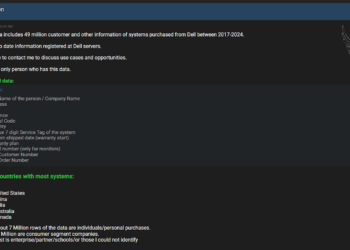Anonymous Arabia, a hacker collective, purportedly initiated a series of cyberattacks targeting Etisalat, a prominent Internet service provider (ISP) in Egypt, resulting in the complete disruption of its network operations. Alongside the cyber offensive, the group reportedly issued a message directing Egypt to facilitate the entry of humanitarian aid into Gaza and to cease all provocative actions. This move signals a broader agenda beyond mere disruption, highlighting the group’s intent to leverage cyber means for political messaging and activism in the volatile context of regional geopolitics.
In a separate incident on March 6, Anonymous Sudan also allegedly orchestrated a significant cyber attack on Etisalat‘s infrastructure. The motivation behind this attack, according to the group, was to convey a message to the Egyptian government, urging them to take responsibility for individuals who engage in the act of insulting Sudanese citizens on social media platforms.
The occurrences of cyber attacks by two separate groups, Anonymous Arabia and Anonymous Sudan, targeting the same company, Etisalat, highlight a common thread in their motivations despite their distinct origins. Both groups employed cyber warfare as a means to achieve their respective goals, leveraging the disruption of Etisalat’s services to draw attention to their grievances. While Anonymous Arabia sought to influence Egyptian policies regarding Gaza and regional conflicts, Anonymous Sudan aimed to address insults against Sudanese citizens on social media. Despite the differences in their specific grievances, both groups utilized cyber attacks as a tool for activism and messaging, showcasing the transformative power of digital warfare in shaping political discourse and advocating for social justice.














